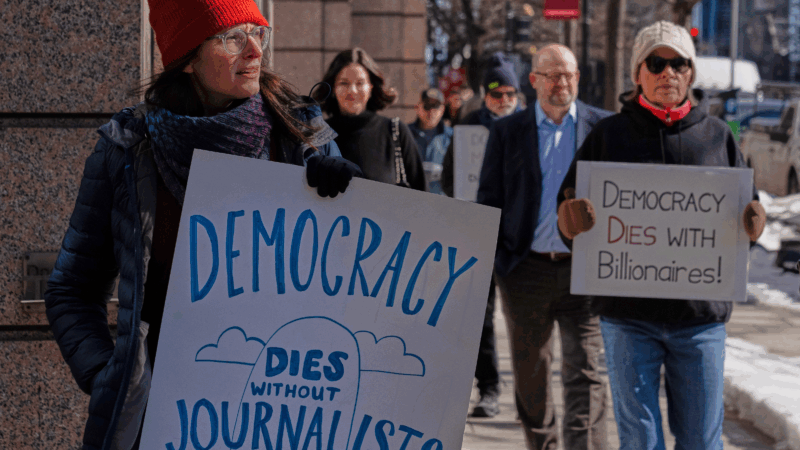Alabama Reopening Restaurants, Bars With Limits On Monday
By The Associated Press
Alabama’s dine-in restaurants, bars, salons and gyms will be allowed to reopen with limits as the state eases restrictions during the continuing coronavirus pandemic, Gov. Kay Ivey said Friday.
New guidelines taking effect Monday require that social distancing rules remain in place, and businesses will be required to protect both customers and workers, officials said.
But the state will lift restrictions on non-work gatherings of 10 or more people, Ivey said. Businesses including restaurants, hair salons, bars, breweries and gymnasiums can reopen with rules including increased cleaning, crowd limits and, in some cases, the use of face masks.
The rules will allow more churches to resume regular services, but entertainment venues including movie theaters and bowling alleys must remain closed, and youth sports teams are still barred from playing.
Reopening businesses will allow “additional people to go back to work,” said Ivey, who has with met with pressure to relax state rules meant to stem the spread of the coronavirus that causes COVID-19. But the disease remains a real problem, she told a Capitol news conference.
“I know full well that I sound like a broken record, but friends, I can’t say this more clearly: The threat of COVID-19 continues to exists. It is truly deadly and it must be addressed,” Ivey said.
More outbreaks will occur as the economy reopens, said Dr. Scott Harris, the state health officer, but the state is “well prepared” to deal with them. Caseloads have been “a little higher” in recent days, Harris said, and officials are trying to determine how much of the change was linked to increased testing or increased disease.
The changes were coupled with new legal protections meant to help shield businesses from what Ivey called “frivolous” lawsuits linked to the coronavirus pandemic.
An order issued by Ivey would protect health care facilities and businesses involved with the COVID-19 response from being sued if they’re complying with state guidelines on public health. The legal shield will help ease the effects of the closed economy, the order said.
“I want to do everything within my authority to protect businesses as Alabama’s economy gets up and running again. As we resume operations, the very last thing a business owner needs to worry about is a frivolous lawsuit from responding to COVID-19,” Ivey said in a statement.
Companies that knowingly abuse the public trust can still be held accountable, she said.
Ivey also made it easier for county officials to conduct the runoff election on July 14 by relaxing requirements on hiring and training poll workers; extended a state of emergency in Alabama until early July; and made it easier for rural electrical cooperatives to obtain emergency loans during the pandemic.
More than 9,000 people in the state have tested positive for COVID-19, the disease caused by the new coronavirus, and 371 have died from the illness.
For most people, the coronavirus causes mild or moderate symptoms, such as fever and cough that clear up in two to three weeks. For some, especially older adults and people with existing health problems, it can cause more severe illness, including pneumonia and death. The vast majority of people recover.
Additional changes in Alabama’s response to the pandemic could occur within days, Ivey said.
“A lot of what we do next week depends on how people respond to what we are doing today,” she said. “We’ll just have to wait and see and make a judgment at that time.”
Pentagon says it’s cutting ties with ‘woke’ Harvard, ending military training
Amid an ongoing standoff between Harvard and the White House, the Defense Department said it plans to cut ties with the Ivy League — ending military training, fellowships and certificate programs.
‘Washington Post’ CEO resigns after going AWOL during massive job cuts
Washington Post chief executive and publisher Will Lewis has resigned just days after the newspaper announced massive layoffs.
In this Icelandic drama, a couple quietly drifts apart
Icelandic director Hlynur Pálmason weaves scenes of quiet domestic life against the backdrop of an arresting landscape in his newest film.
After the Fall: How Olympic figure skaters soar after stumbling on the ice
Olympic figure skating is often seems to take athletes to the very edge of perfection, but even the greatest stumble and fall. How do they pull themselves together again on the biggest world stage? Toughness, poise and practice.
They’re cured of leprosy. Why do they still live in leprosy colonies?
Leprosy is one of the least contagious diseases around — and perhaps one of the most misunderstood. The colonies are relics of a not-too-distant past when those diagnosed with leprosy were exiled.
This season, ‘The Pitt’ is about what doesn’t happen in one day
The first season of The Pitt was about acute problems. The second is about chronic ones.






